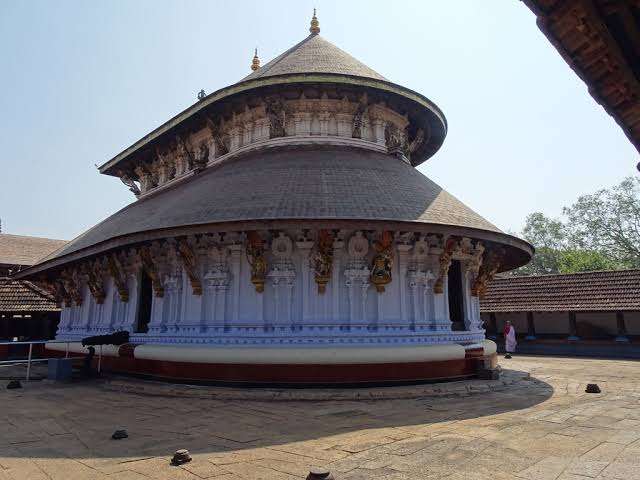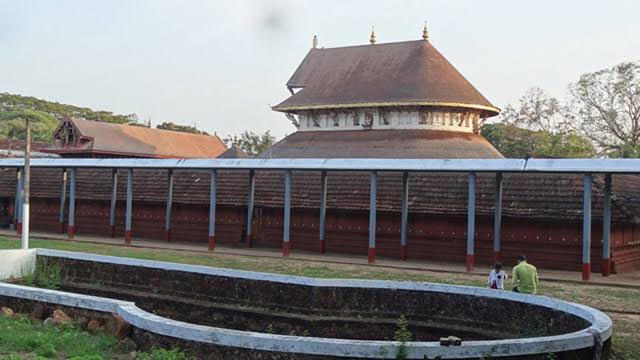A new international report places Paraguay as one of the countries in last place using the "Green Future Index" based on its commitment to reducing greenhouse gas emissions, developing clean energy and innovations in the green field. If MIT researchers would bother to set foot in
More from World
Thread: #Greek police and secret service discover #NGOs have been hiding hundreds of illegal immigrants in caves

Members of Non-Governmental Organizations have been hiding hundreds of #immigrants in the last weeks in coastal caves and forests of the Aegean islands, in order not to be detected by the Greek coast guard and thus to facilitate their #illegal entry into our country.
At the same time, due to their non-registration and taking health measures, there is a spread of the pandemic.
In addition, they had created a special internet platform to broadcast live the arrival of boats in #Lesvos and other #islands of the Eastern Aegean in order to "push" the Coast Guard not to prevent their entry into our country.
These are the conclusions of a second secret operation - with the codemame "Alkmini 2" of https://t.co/1BCe7Y74Fz. with the assistance of NIS against #NGOs that are active in our maritime #borders and which is revealed by "To Vima", with the presentation of relevant documents.

Members of Non-Governmental Organizations have been hiding hundreds of #immigrants in the last weeks in coastal caves and forests of the Aegean islands, in order not to be detected by the Greek coast guard and thus to facilitate their #illegal entry into our country.
At the same time, due to their non-registration and taking health measures, there is a spread of the pandemic.
In addition, they had created a special internet platform to broadcast live the arrival of boats in #Lesvos and other #islands of the Eastern Aegean in order to "push" the Coast Guard not to prevent their entry into our country.
These are the conclusions of a second secret operation - with the codemame "Alkmini 2" of https://t.co/1BCe7Y74Fz. with the assistance of NIS against #NGOs that are active in our maritime #borders and which is revealed by "To Vima", with the presentation of relevant documents.

























